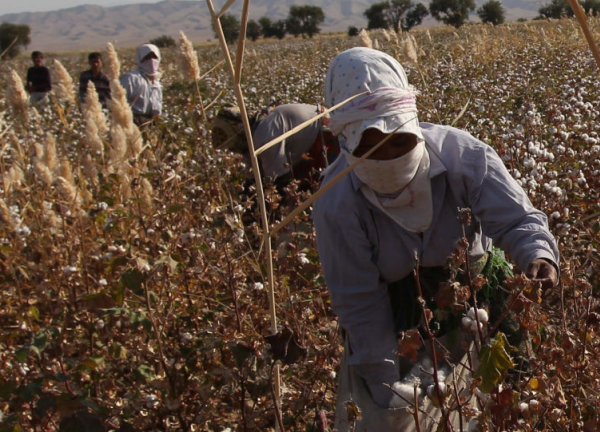
In September 2017, Uzbek President Shavkat Mirziyoyev pledged to end forced labor in his country and reaffirmed his government’s commitment to working with the ILO. In February 2018, the ILO announced that Uzbekistan had stopped systematically involving children in the cotton harvest, and in November, the organization’s monitoring data showed that more than 90% of the country’s raw cotton pickers in 2018 participated in the process voluntarily.
The ministry recalled that the ILO report, released on April 1 in Brussels, recognizes that the systemic use of child and forced labor in the cotton industry of Uzbekistan has come to an end.
“The ILO’s Third Party Monitoring (TPM) Project in Uzbekistan will now focus on the remaining issues,” the ministry’s website said.
In particular, these issues include the need to gradually transfer responsibility for monitoring labor inspection to trade unions, local human rights defenders and journalists.
The document also recognizes a significant improvement in working conditions in the agricultural sector of Uzbekistan, in particular, an increase in pay for cotton pickers and an increase in freedom of speech and expression, the fact of an improvement in the situation with ensuring freedom of the press, as well as open interaction of Uzbekistan with human rights organizations and civil activists, noted in the Ministry of Foreign Affairs of Uzbekistan …
In September 2018, the US Department of Labor, nine years later, removed Uzbek cotton from the list of goods produced using child labor. In addition, the American department lifted the ban on government purchases of cotton from Uzbekistan due to the lack of facts of mass forced child labor when harvesting this crop. “Uzbekistan is firmly committed to further improving the system of ensuring human rights, freedoms and legitimate interests in the country and will continue to move along the path of real reforms, and the efforts being made are of a holistic, sustainable and irreversible character, “the department added.
